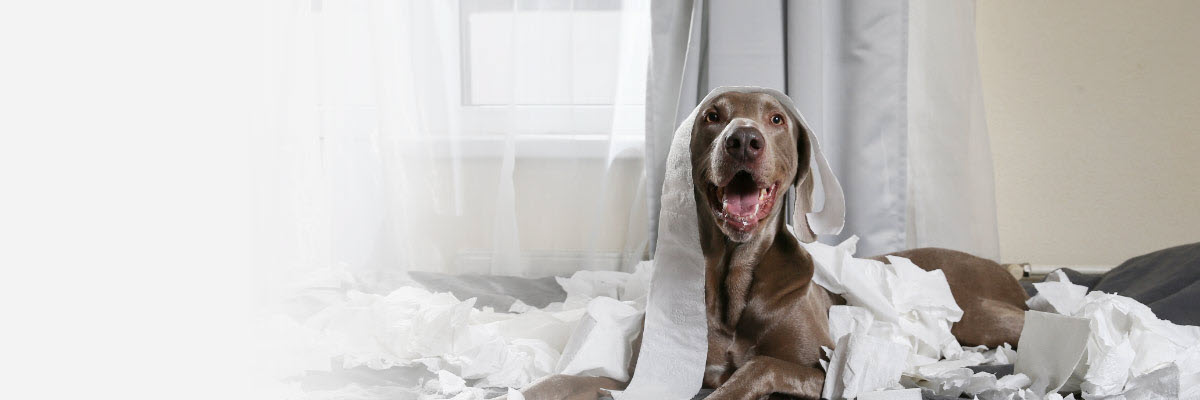


Get ready for a new and improved MyBanfield. To start, please quickly reset your password. Just use your MyBanfield email and we’ll send you a link.
Quick tips:
If you still need help, please contact Banfield customer support.
Support hotline: 877-656-7146
Quick tips:
If you still need help, please contact Banfield customer support.
Support hotline: 877-656-7146
No problem. Enter your email and we'll send a reset link for that account.
Quick tips:
If you still need help, please contact Banfield customer support.
Support hotline: 877-656-7146
Tell us a little bit about yourself and your BFF.
Someone from our OWP team will get in touch with you shortly.
Sorry, something seems to have gone wrong. Please try again later. If the issue persists, give us a call at 877-656-7146.
Call our support hotline at 877-656-7146
Something’s not quite right. Please make sure your password includes all of the items listed and is not one you have used before.
Nothing on file
